
The Knowledge Illusion: Why We’re All Overconfident and Underinformed
Last updated: November 07, 2024 Read in fullscreen view
- 10 Apr 2022
 Agile self-organizing teams: What are they? How do they work? 51/535
Agile self-organizing teams: What are they? How do they work? 51/535 - 28 Nov 2025
 Best Kentico CMS Development Practices for Agile Software Teams 40/82
Best Kentico CMS Development Practices for Agile Software Teams 40/82 - 10 Aug 2024
 Odoo vs. Lark: A Comprehensive Comparison 36/796
Odoo vs. Lark: A Comprehensive Comparison 36/796 - 21 May 2022
 "Fail Fast, Fail Often, Fail Forward" is the answer to Agile practices of software success 34/1028
"Fail Fast, Fail Often, Fail Forward" is the answer to Agile practices of software success 34/1028 - 27 Oct 2020
 8 principles of Agile Testing 31/1309
8 principles of Agile Testing 31/1309 - 21 Sep 2023
 Abraham Wald and the Missing Bullet Holes 23/667
Abraham Wald and the Missing Bullet Holes 23/667 - 12 Oct 2020
 The Agile Manifesto - Principle #8 20/496
The Agile Manifesto - Principle #8 20/496 - 03 Jul 2022
 Manifesto for Agile Software Development 18/276
Manifesto for Agile Software Development 18/276 - 12 May 2024
 The Pros and Cons of the Creator Economy in the Age of AI: Opportunities, Challenges, and the Gray Zone with the Gig Economy 14/270
The Pros and Cons of the Creator Economy in the Age of AI: Opportunities, Challenges, and the Gray Zone with the Gig Economy 14/270 - 26 Sep 2024
 Successful Project Management Techniques You Need to Look Out For 14/401
Successful Project Management Techniques You Need to Look Out For 14/401 - 01 Mar 2022
 Why Does Scrum Fail in Large Companies? 12/266
Why Does Scrum Fail in Large Companies? 12/266 - 07 Oct 2020
 How To Manage Expectations at Work (and Why It's Important) 11/306
How To Manage Expectations at Work (and Why It's Important) 11/306 - 09 Oct 2022
 Key Advantages and Disadvantages of Agile Methodology 11/697
Key Advantages and Disadvantages of Agile Methodology 11/697 - 02 Sep 2024
 Toolzoon Review: Features, Benefits, and Essential Tools for Enhanced Productivity 9/226
Toolzoon Review: Features, Benefits, and Essential Tools for Enhanced Productivity 9/226 - 09 Sep 2024
 How AI Rewriting Can Improve Your Content’s SEO Performance 9/188
How AI Rewriting Can Improve Your Content’s SEO Performance 9/188 - 20 Nov 2022
 Agile working method in software and football 9/344
Agile working method in software and football 9/344 - 03 Feb 2024
 "Kham Nhẫn" in Business: A Guide to Patience and Resilience 9/165
"Kham Nhẫn" in Business: A Guide to Patience and Resilience 9/165 - 01 Dec 2022
 Difference between Set-based development and Point-based development 8/346
Difference between Set-based development and Point-based development 8/346 - 02 Nov 2022
 Frequently Asked Questions about Agile and Scrum 8/399
Frequently Asked Questions about Agile and Scrum 8/399 - 16 Jul 2022
 What are disadvantages of Agile Methodology? How to mitigate the disadvantages ? 8/377
What are disadvantages of Agile Methodology? How to mitigate the disadvantages ? 8/377 - 21 Oct 2022
 Virtual meeting - How does TIGO save cost, reduce complexity and improve quality by remote communication? 8/191
Virtual meeting - How does TIGO save cost, reduce complexity and improve quality by remote communication? 8/191 - 01 Jun 2022
 How Your Agile Development Team is Just Like a Football Team? 7/224
How Your Agile Development Team is Just Like a Football Team? 7/224 - 10 Oct 2022
 Should Your Business Go Agile? (Infographic) 6/128
Should Your Business Go Agile? (Infographic) 6/128 - 18 Sep 2024
 11 Psychological Defense Mechanisms and How to Recognize Them 6/179
11 Psychological Defense Mechanisms and How to Recognize Them 6/179 - 23 May 2024
 Mastering AI: Sharpening the Axe in the Digital Age 5/245
Mastering AI: Sharpening the Axe in the Digital Age 5/245 - 28 Nov 2023
 Scrum Team Failure — Scrum Anti-Patterns Taxonomy 5/253
Scrum Team Failure — Scrum Anti-Patterns Taxonomy 5/253 - 15 Aug 2025
 Quantum Technology: Global Challenges and Opportunities for Innovators 4/100
Quantum Technology: Global Challenges and Opportunities for Innovators 4/100 - 21 Oct 2024
 Simplify Your Workflow with an AI Summary Generator 3/158
Simplify Your Workflow with an AI Summary Generator 3/158 - 12 Sep 2024
 Be Water, My Friend: Fluidity, Flow & Going With the Flow 3/169
Be Water, My Friend: Fluidity, Flow & Going With the Flow 3/169
Unlock the secrets of human cognition with The Knowledge Illusion: Why We Never Think Alone by Steven Sloman and Philip Fernbach. This insightful book dives into the surprising limits of individual understanding, revealing why we often think we know more than we actually do. It highlights how we rely on shared knowledge from those around us and the impact of technology on our perception of expertise. A must-read for anyone interested in psychology, decision-making, or how society truly functions, this book offers a fresh perspective on the importance of collaborative learning. Get your copy on Amazon today to discover the power of collective knowledge and embrace a more humble approach to understanding.
How Little We Know and How Much We Rely on Others
The Knowledge Illusion: Why We Never Think Alone by Steven Sloman and Philip Fernbach explores the limits of individual knowledge and emphasizes our dependence on collective understanding. The authors argue that we often overestimate our personal knowledge, a phenomenon known as "the illusion of knowledge." This is illustrated through examples where people think they understand everyday objects or complex topics until asked to explain them in detail, at which point their lack of understanding becomes clear.
Here are some of the book’s main ideas:
-
The Illusion of Knowledge: We tend to believe we understand more than we actually do, often relying on a shallow grasp of complex topics. This “illusion” persists because our brains use simplified mental models that seem sufficient until deeper knowledge is required.
-
Shared or Distributed Knowledge: Human understanding is largely collective. We depend on the knowledge of others, whether in our communities, organizations, or society at large. This shared knowledge allows societies to function smoothly, as individuals rely on specialists for detailed information and expertise.
-
Emotion and Social Influence: Decisions are not purely rational but are heavily influenced by emotions and the beliefs of our social groups. This tendency explains why individuals in the same group often hold similar views, even when those views lack deep understanding.
-
Impact of Technology: Our reliance on technology reinforces this illusion by making knowledge instantly accessible yet external to our personal understanding. Although technology makes information easy to access, it also reduces our need to retain or fully comprehend information ourselves.
-
Practical Implications: Sloman and Fernbach discuss how the illusion of knowledge affects education, policy-making, and personal decision-making. They suggest that acknowledging our cognitive limitations and the importance of collaborative learning can help improve individual and societal decision-making.
The authors ultimately encourage humility in our understanding and advocate for more collaborative approaches to learning and problem-solving, which acknowledges the collective nature of human knowledge.









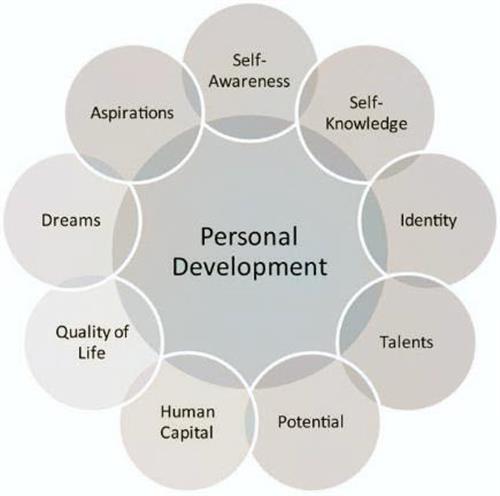

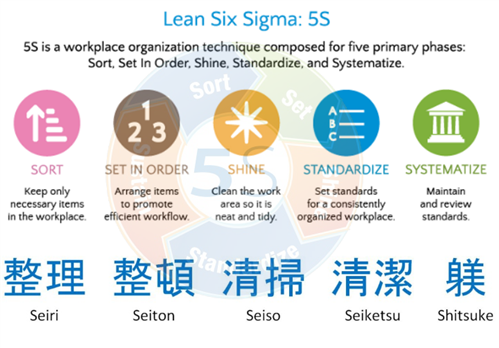
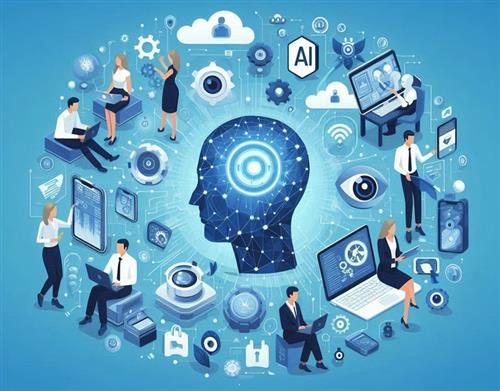

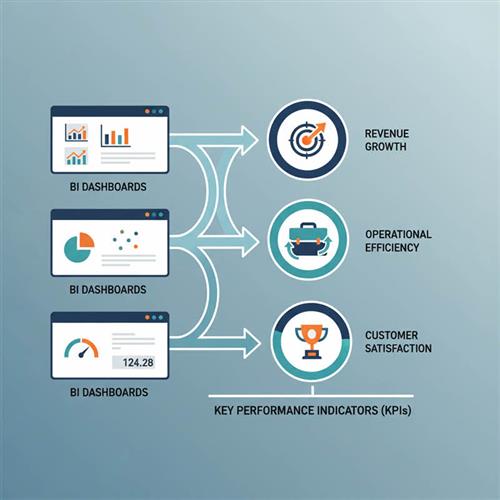


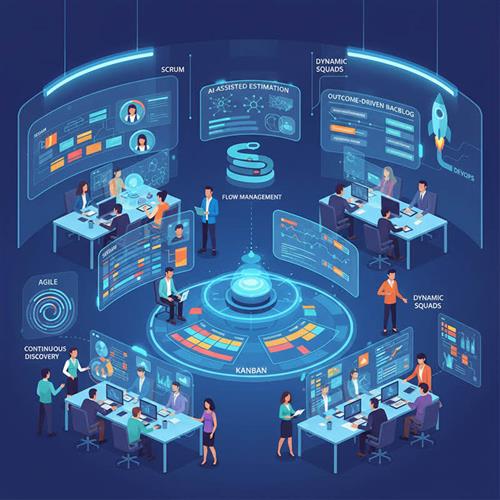
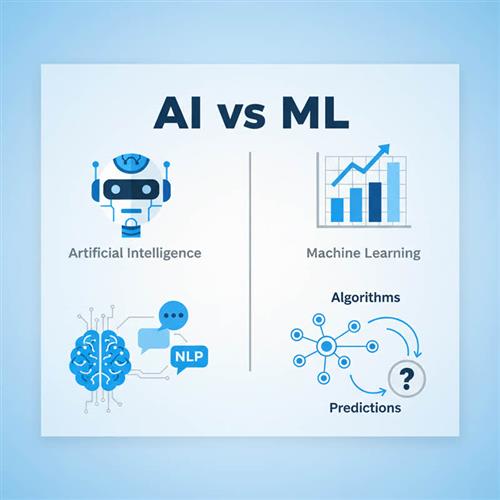
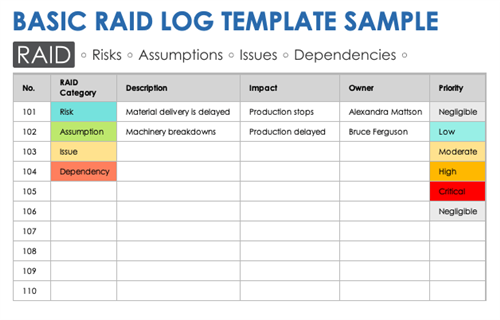

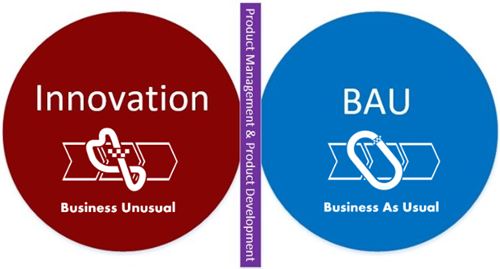













 Link copied!
Link copied!
 Recently Updated News
Recently Updated News